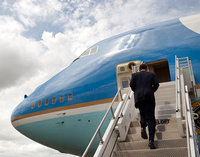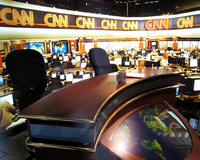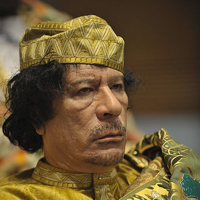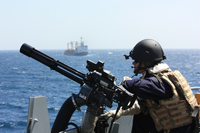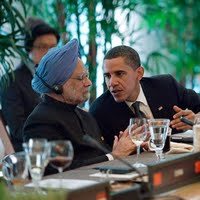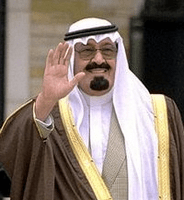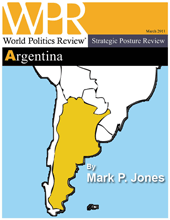
Argentina is a medium-sized country of 41 million inhabitants and moderate global strategic and economic importance. The country’s foreign policy, defense policy and strategic priorities are driven primarily by the domestic political concerns of the country’s political leaders. In addition, the behavior of Argentine politicians is fundamentally guided by a pragmatic approach toward politics, within which political elites are far more concerned about the accumulation of power and the control of politically valuable financial and material resources than with ideology and specific policy goals. What’s more, the time-horizon of Argentine politicians is very limited, with a short-term perspective most commonly […]

